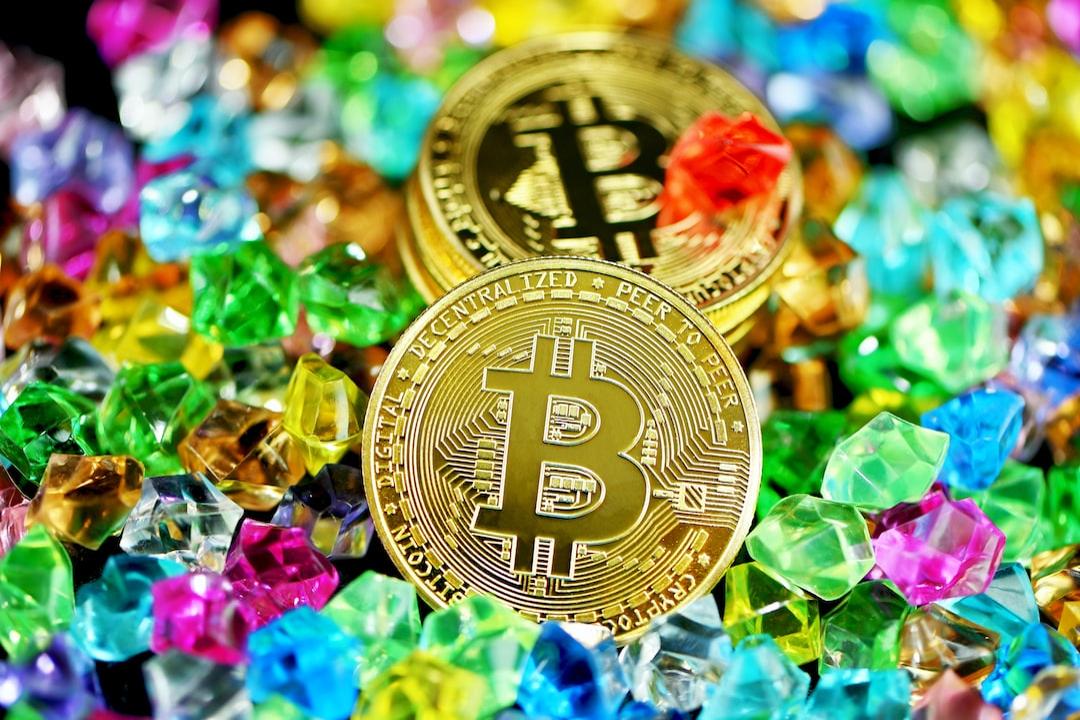South Korea’s Financial Services Commission (FSC) Announces Access Restrictions on Foreign Cryptocurrency Exchanges
On April 11, 2025, the South Korean Financial Services Commission (FSC) announced that, in response to the South Korean government’s request, Apple has imposed domestic access restrictions on 14 foreign cryptocurrency trading platforms in its App Store, including KuCoin and MEXC.
(Background: South Korea has listed five unregistered VASPs, including BitMEX and KuCoin, as targets for sanctions. Will Taiwan follow suit?)
(Additional Background: South Korea’s Bithumb exchange has faced scrutiny over allegations involving 3 billion KRW for purchasing a house for the former CEO, with intermediary fees starting at 2 million USD…)
Apple Blocks 14 Unregistered Foreign Exchanges
On April 14, the FSC announced that, in response to a request from the South Korean Financial Intelligence Unit (FIU), Apple has blocked 14 unregistered foreign virtual asset exchange applications from the App Store in South Korea since April 11. This includes KuCoin and MEXC…
This means that new users within South Korea can no longer search for, download, or install these exchanges via the App Store. Additionally, existing users who have already installed these apps will be unable to update them, significantly limiting the accessibility and continuity of services provided by these platforms in the South Korean market. (Of course, using a VPN might provide a workaround, but it also increases operational difficulties for users.)
The FSC pointed out that these platforms have actively marketed and provided services to local traders without completing the registration process as required by South Korean law, constituting a blatant violation of South Korean regulatory provisions. It emphasized that in the future, unregistered overseas virtual asset operators conducting business in South Korea could face up to five years in prison or fines of up to 50 million KRW (According to Article 17 of the Specific Financial Information Act).
At the end of March, Google also blocked relevant applications.
Previously, it was reported that, starting March 25, 2025, in response to the South Korean government’s request, Google has imposed domestic access restrictions on 17 foreign cryptocurrency trading platforms in its Google Play Store, which include KuCoin, MEXC, Phemex, XT.com, Bitrue, CoinW, CoinEX, ZoomEX, Poloniex, BTCC, DigiFinex, Pionex, Blofin, Apex Pro, CoinCatch, WEEX, and BitMart.

Not the First Crackdown on Exchanges
South Korea has one of the strictest cryptocurrency regulatory frameworks in the world, with its core legislation being the Act on Reporting and Using Specified Financial Transaction Information. This law requires all virtual asset service providers (VASPs) operating within South Korea or providing services to South Korean residents, regardless of their headquarters, to register with the FIU.
In fact, this is not the first time South Korean authorities have taken a hard stance against unregistered foreign exchanges. As early as 2022, the FIU identified and reported 16 unregistered platforms, implementing restrictions including website blocking. In 2023, an additional six platforms were added to the restriction list.
Tightening Cryptocurrency Regulations in South Korea?
Regarding the latest enforcement actions in South Korea over the past two months, pessimists argue that South Korea’s cryptocurrency regulations are already strict, and further measures will not only limit local users’ trading options but could also stifle innovation.
However, others hold a more optimistic view, noting that as early as January this year, South Korean regulatory authorities announced a major work plan for 2025, which is expected to gradually open up corporate participation in virtual asset trading and promote a second phase of regulatory legislation focusing on stablecoin management, listing standards, and exchange regulations, further improving the market regulatory framework. Additionally, earlier this month, the FSC stated in a meeting with local cryptocurrency industry experts that South Korea plans to release a comprehensive guide for listed companies and professional investors before the third quarter of this year; it is also expected to introduce guidelines for non-profit organizations and cryptocurrency exchanges, with preliminary plans set for April.
Therefore, a series of recent measures taken by South Korean regulatory authorities indicate that the South Korean government is striving to create a more regulated, transparent, and structured market environment. This clear regulatory framework is precisely the certainty that many traditional financial (TradFi) institutions seek before entering the digital asset space.
A strictly regulated market, while it may lack some of the “freedom” associated with the early Wild West, can provide the confidence that large institutional investors need, reducing their concerns about compliance risks. This may be beneficial for the long-term development of cryptocurrency in South Korea, although more time is needed for observation.

Related Reports
South Korea Plans to Release Guidelines for “Corporate Investment in Cryptocurrency” in Q3. Will Samsung, LG… Join the Bitcoin Reserve Trend?
Trend Observation: South Korea and Japan Actively Layout Bitcoin! Should the Taiwanese Government and Private Sector Follow Suit?
Whales Manipulating the Market is Illegal! South Korea’s First Crackdown on Cryptocurrency Pump and Dump Cases, Implementing the “Virtual Asset User Protection Act.”

